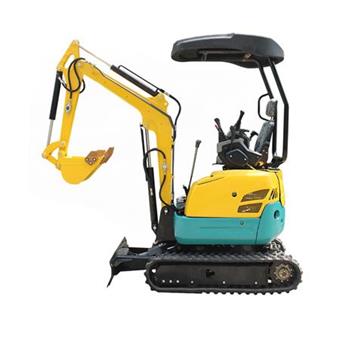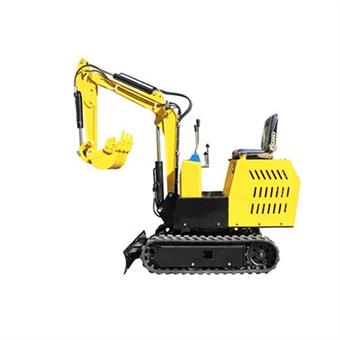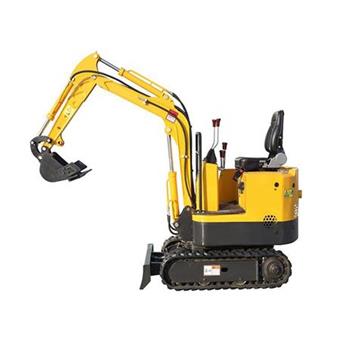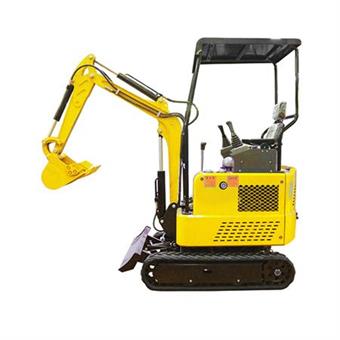
News
Concrete is one of the strongest and most widely used construction materials. From driveways and sidewalks to patios and foundations, it provides durability and strength. However, there comes a time when concrete needs to be removed—whether for repairs, renovations, or replacements. One of the most common questions is: Can a mini excavator remove concrete?
The short answer is yes. A mini excavator is a powerful and versatile machine that can effectively break and remove concrete, especially in residential and light commercial projects. In this post, we’ll explore how mini excavators handle concrete removal, the tools required, benefits, limitations, costs, and safety considerations.
Mini excavators are equipped with hydraulics that provide strong digging and breaking power. With the right attachments, such as hydraulic breakers or hammers, they can demolish thick concrete slabs. Here’s how the process typically works:
Attachment Selection – A hydraulic breaker is attached to the mini excavator. This transforms the excavator into a concrete-breaking machine.
Breaking the Concrete – The breaker delivers repeated high-force blows, fracturing the concrete into smaller pieces.
Lifting and Removal – After breaking, the excavator uses its bucket or thumb attachment to lift and load debris into trucks or dumpsters.
Final Cleanup – The area is cleared of smaller fragments using a bucket or manual tools.
Using a mini excavator provides several advantages compared to manual removal or larger equipment:
Compact Size – Mini excavators are smaller than standard excavators, making them ideal for tight spaces like backyards or urban settings.
Efficiency – They can break and remove concrete much faster than manual labor with jackhammers.
Versatility – With different attachments, the same machine can handle breaking, lifting, and cleanup.
Cost-Effectiveness – Hiring one machine instead of multiple tools or heavy-duty excavators reduces costs.
Lower Ground Damage – Mini excavators exert less ground pressure, protecting surrounding landscaping or structures.
Although mini excavators are capable machines, they do have limitations:
Thickness of Concrete – They are best for slabs up to about 6–8 inches thick. For extremely thick reinforced concrete, larger excavators may be required.
Speed vs. Larger Machines – While efficient, mini excavators are slower compared to full-sized excavators on large-scale demolition jobs.
Attachment Costs – Renting a hydraulic breaker can add to the cost.
Operator Skill – Proper technique is required to break concrete effectively without damaging the machine.
The cost varies depending on slab thickness, project size, and equipment rental rates. On average:
Mini Excavator Rental: $200–$400 per day
Hydraulic Breaker Attachment: $100–$250 per day
Total Project Costs: $1,000–$3,000 for residential projects (including disposal and labor)
Hiring a professional operator may cost more but ensures efficiency and safety.
Always wear protective gear (helmet, gloves, safety glasses, steel-toe boots).
Ensure the work area is clear of utilities and obstacles.
Operate on stable, level ground.
Follow equipment manuals and safety guidelines.
Use proper lifting techniques to avoid machine tipping.
1. Can a mini excavator break reinforced concrete?
Yes, but it may be slower. Reinforced concrete with rebar requires a hydraulic breaker attachment.
2. How thick of concrete can a mini excavator break?
Most mini excavators can handle slabs up to 6–8 inches thick effectively.
3. Do I need a permit to remove concrete with an excavator?
In many locations, yes. Check with local authorities regarding permits and waste disposal regulations.
4. Is it cheaper to rent or hire an operator?
If you lack experience, hiring an operator is safer and often more cost-efficient.
5. Can a mini excavator fit in my backyard?
Yes, most mini excavators can pass through standard gates and operate in tight spaces.



